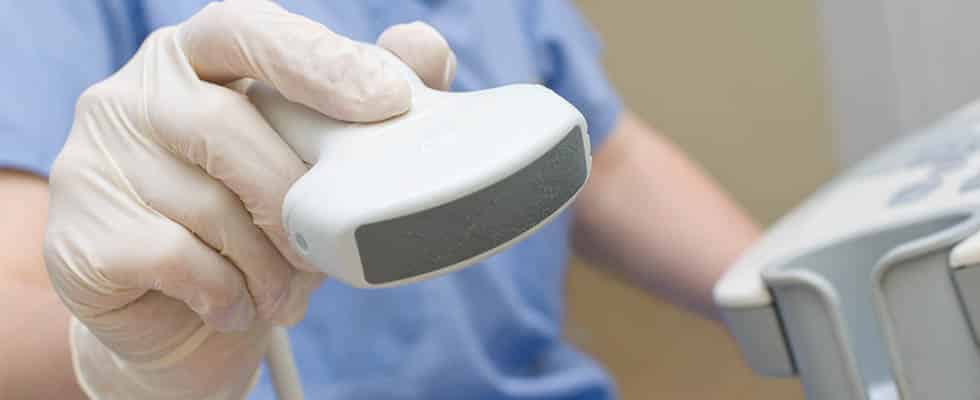
The usage of Point of Care Ultrasound, or POCUS, is vital to improving patient care in every department of a hospital or a medical practice. Expanding the use of POCUS in fields outside the four walls and confines of a building is just as vital to improving care to the greater community. In fact, Point of Care Ultrasound can save lives and provide vital information in a number of scenarios beyond how a doctor or nurse may perceive it within their standard care.
EMS/EMT Usage
A practical application of POCUS already in development is in regards to EMTs utilizing ultrasound technology to provide data and information as they are driving from the location of an injury or call to the nearest hospital. Just as in the hospital setting, the information provided from the portable ultrasound can help steer patient care during time of transport. With training, EMTs are able to rule out certain scenarios in order to focus on better treatment options. EMTs in one case study, as reported by the Journal Prehospital Medical Care, showed expert reviewers agreed with the EMT diagnosis in the field in 91% of the cases in which POCUS was used. With additional training and provision of equipment, more patients can receive advanced care from the moment help is on site. A similar study, issued in the Journal, Resuscitation, cites “POCUS may increase survival […] by identifying cases where non advanced cardiovascular life support interventions (pericardiocentesis, thrombolysis) are necessary.”
Large Catastrophic Events
Point of Care Ultrasound can also be a vital part of care in larger catastrophic events. In the field at a terrorist attack or in a natural disaster, patients can be trapped in debris or in hard to reach places. By adding to the amount of portable equipment a medical provider can take into the field, better diagnoses will occur and care will dramatically improve. By having POCUS accessible, medical teams can make better decisions about who to reach to provide immediate care for and who is a better candidate for transport. Additionally, like the care taking place in the hospital, POCUS, when used across a larger time span, can confirm, deny, or simply be in place to monitor an initial diagnosis.
Military Field
When there are military conflicts, injuries are not uncommon. With some of the military intervention theoretically needing constant movement, their field doctors and other medics can implement better field care with Point of Care Ultrasound. Not only can patient care be better defined with the technology to see inside the patient, but better decisions can be made whether to use resources to evacuate via helicopter or if ground transportation would be sufficient. With the use of POCUS, a prognosis for a patient could improve drastically and resources can be efficiently used.
To learn more about our course teaching Point of Care Ultrasound and begin implementing its usage in your practice, see our course schedule or contact us today. POCUS is on the cutting edge of becoming a mainstream part of medical care and training today will provide better medical care for your patients, immediately.

